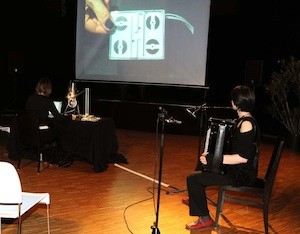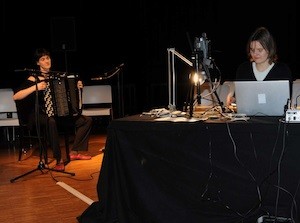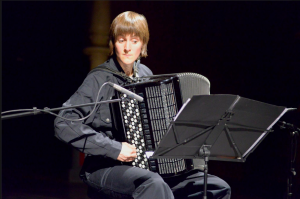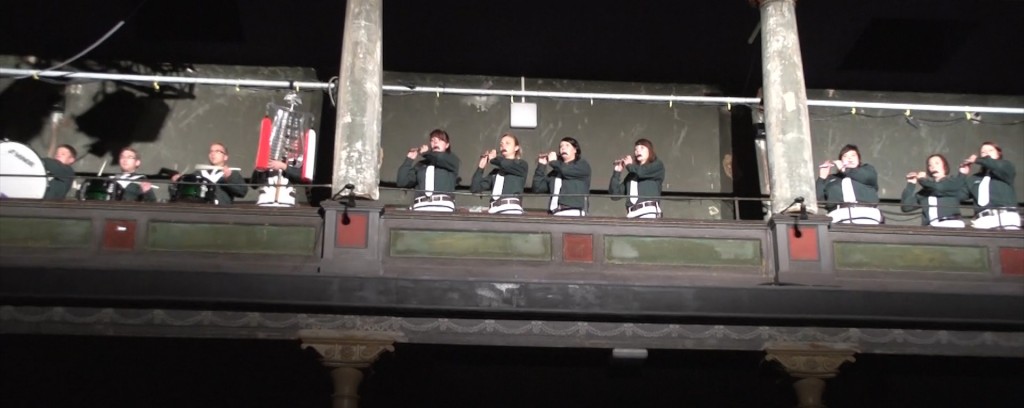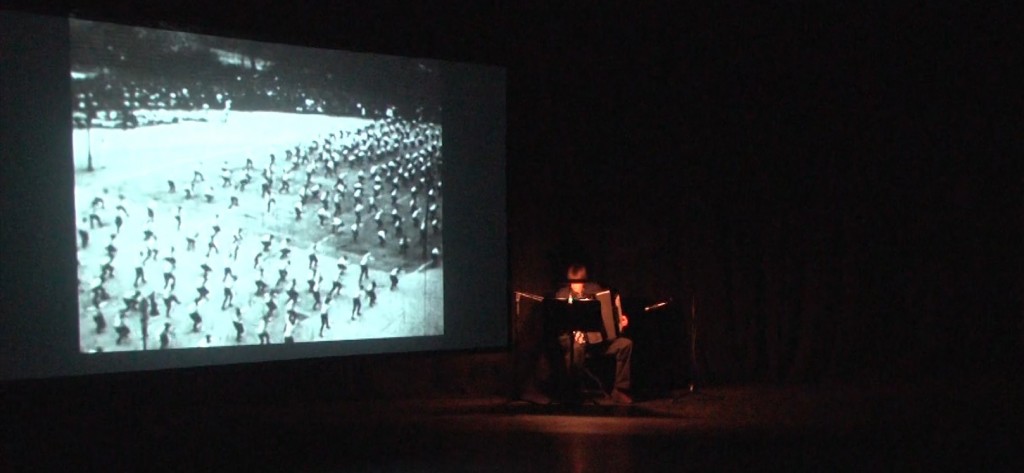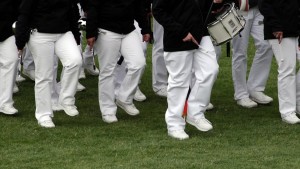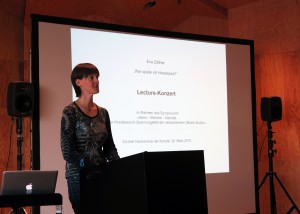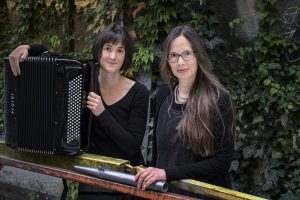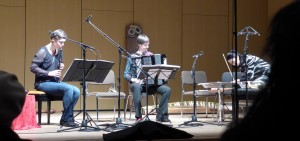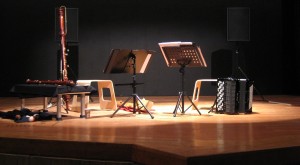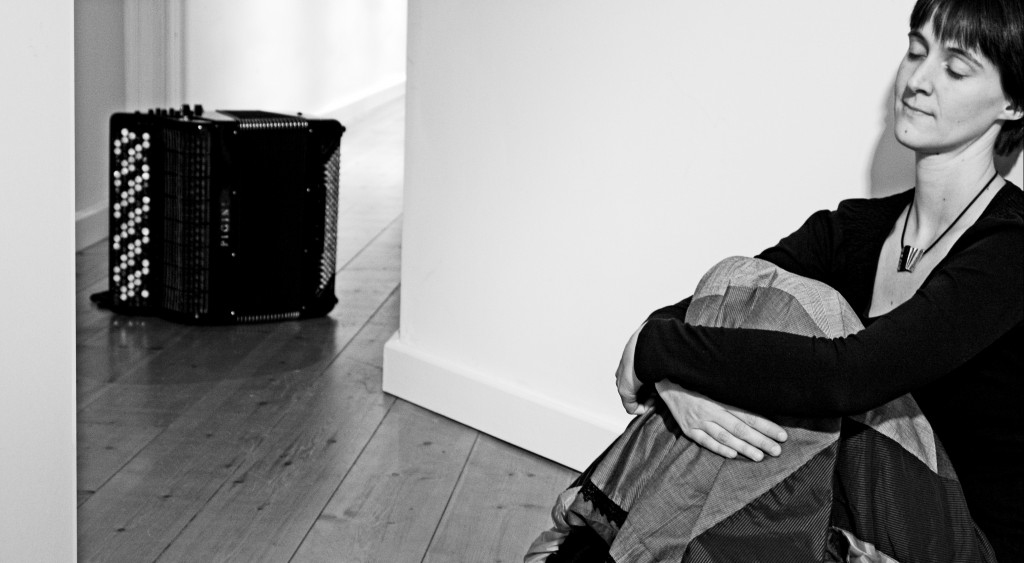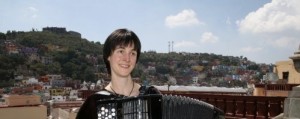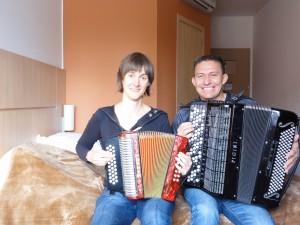In September 2023 my Debut-CD with music by Colombian composers wasreleased with GENUIN classics. It was recorded at Deutschlandfunk in October 2022 and contains music for accordion solo and with electronics by Ana María Romano, Carolina Noguera, Carlos Rico, Daniel Leguizamón, Natalia Valencia and Jorge García Moncada
The programme can be booked for live-performances and is constantl expanded by new pieces
https://www.youtube.com/live/t-EvcipKUTg?si=r9FDeBRkC4wBnSDs&t=1094
You can order your personal copy of the CD directly from me (18,- EUR plus shipping) by sending an email to eva at eva-zoellner.de
It can also be found online https://songwhip.com/evazollner/voces-senales
review on Ben Harper´s Blog „boring like a drill“
https://www.cookylamoo.com/boringlikeadrill/
„Throughout the album Zöllner demonstrates her strength in the volatile and changing character of her playing, making abrupt and startling switches in temperament between the sweet and the harsh, giving the lie to the perceived uniformity of the accordion’s sound. None of the pieces settle to be a mere showcase for her versatility, but they do display her virtuosity. (…)“
composers interview (in English)
Since 2015 I have regularly traveled to Colombia to work with Colombian composers and bring their music on stage. The country fascinates me with its diversity in cultures, in nature and also in its contemporary music life, which we know so little about here in Europe. For my album „voces, señales“ I chose to work with six Colombian composers from my generation (born 1971 – 1986). We grew up in very different parts of the world and in different realities which still shape us today. Nevertheless – or precisely because of that? – we have a lot to say to each other and there was a lively artistic and personal exchange in the creation of the music. The resulting pieces are versatile, profound, personal, surprising and touching and arouse curiosity about the rich culture of Colombia. The creation of all 6 pieces was a very personal process between me and the composers. For the booklet text I made interviews with the composers. I could only use a very condensed version for the actual CD booklet so I am happy to share our exchange of thoughts here.
